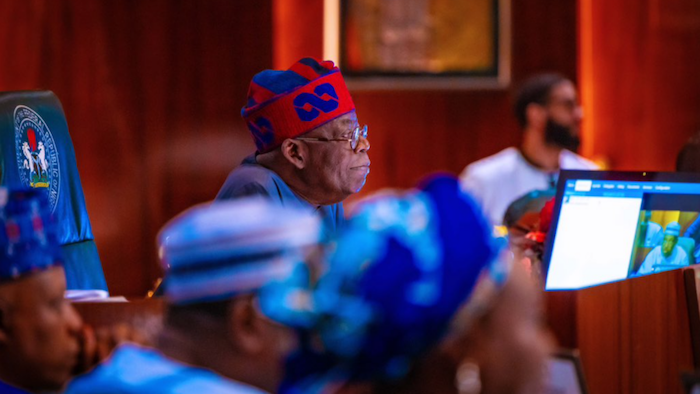Abuja, Nigeria — President Bola Ahmed Tinubu has reaffirmed his administration’s commitment to ensuring that academic activities in public universities are never again disrupted by industrial strikes.
The President issued a clear directive to government negotiators to secure lasting industrial peace across all public tertiary institutions, signaling a strong stance against recurring disruptions in the education sector.
President’s Directive on University Stability
Minister of Education, Dr. Tunji Alausa, disclosed this on Tuesday after briefing President Tinubu at the State House in Abuja on the government’s ongoing engagements with the Academic Staff Union of Universities (ASUU) and other tertiary institution unions.
Speaking to reporters, Alausa revealed that the Federal Government has “literally met” ASUU’s major demands, describing the union’s recent six-day warning strike as unnecessary.
“Mr President has mandated us that he does not want ASUU to go on strike again. We’ve met almost all their requirements and are back at the negotiation table with their leadership,” Alausa stated.
He added that his visit to the State House was to “extract more concessions” from the President in a bid to further stabilize the university system.
No Ultimatum, Minister Insists
Alausa dismissed reports that other tertiary unions or the Nigeria Labour Congress (NLC) had issued a four-week ultimatum, emphasizing that “everything is calm.”
“There is no ultimatum. This is a listening government,” he said, noting that he had also met with the Academic Staff Union of Polytechnics (ASUP) to address their concerns.
Unified Negotiation Framework
To enhance coordination, Alausa revealed that the Federal Government has merged multiple negotiating teams into a single panel chaired by Alhaji Yayale Ahmed. The panel covers all categories of academic and non-academic unions across universities, polytechnics, and colleges of education.
The minister listed key issues already addressed, including the payment of arrears and earned academic allowances, and announced the creation of a Federal Transparency Dashboard to monitor tertiary institution finances and performance.
Tinubu’s Commitment to Education Reform
Alausa reiterated that President Tinubu remains “deeply committed” to education and human capital development, stressing that the administration will continue to make concessions to ensure uninterrupted learning in public universities.
“This government will keep engaging constructively. We are determined to keep students in school and stabilize the tertiary education system,” he affirmed.
